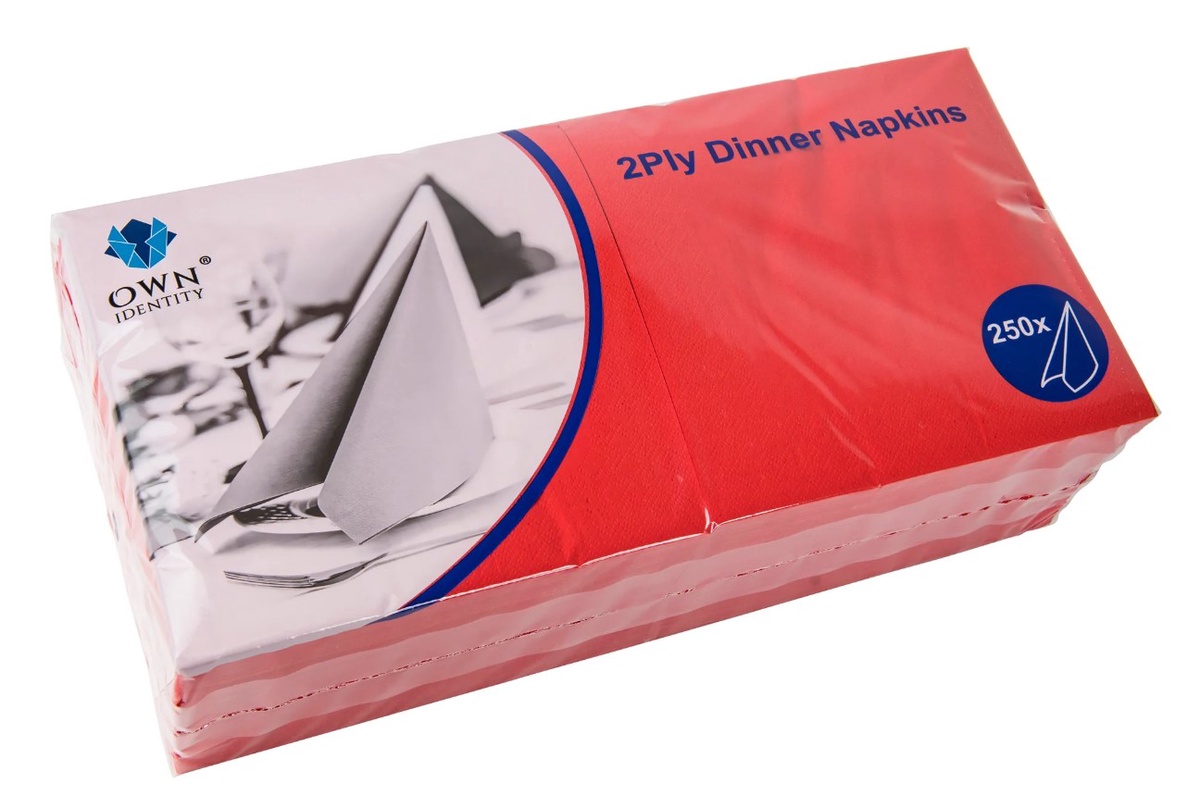Packaging and disposables are crucial in our daily lives in today's fast-paced consumer culture. However, the environmental impact of traditional packaging and single-use items has become a pressing concern. From plastic pollution in oceans to overflowing landfills, the consequences of our disposable lifestyle are impossible to ignore. Fortunately, there is a growing movement towards transforming packaging and disposables into environmental assets. This article will explore innovative solutions, collaborative efforts, and policy initiatives to turn waste into wow.
Innovative Packaging Solutions
Rethinking the materials we use is the first step in transforming packaging into an environmental asset. Innovations in packaging materials have led to the development of biodegradable plastics, compostable materials, and recycled content packaging. These materials offer advantages such as reduced environmental impact, resource conservation, and increased consumer appeal. UKCS companies like Loop and Ecovative are leading the way in creating packaging solutions that are both sustainable and functional.
Disposables Reinvented: From Single-Use to Multi-Use
Disposable items have long been a symbol of convenience, but their environmental impact is anything but convenient. The shift towards reusable and refillable packaging options is gaining momentum as consumers become more conscious of their ecological footprint. There are countless opportunities to transform disposables into durable, long-lasting products, from reusable coffee cups to refillable shampoo bottles. By embracing a culture of reuse, we can drastically reduce the amount of waste generated by single-use items.
Waste management strategies
Effective waste management is essential for turning packaging and disposables into environmental assets. Recycling, composting, and waste-to-energy initiatives are all part of the solution. We can minimise ecological pollution and conserve valuable resources by diverting waste from landfills and incinerators. Communities and businesses worldwide are implementing innovative waste management strategies to tackle the growing packaging waste problem.
Consumer education and behaviour change
Empowering consumers with knowledge is vital to promoting sustainable packaging practices. Educating the public about their choices' environmental impact can encourage behaviour change and foster a culture of sustainability. Tips for reducing waste, making eco-friendly purchasing decisions, and supporting sustainable brands can help consumers make informed choices that benefit both the planet and future generations.
Collaboration and industry partnerships
Addressing the complex issue of packaging waste requires collaboration between industries, governments, and non-profit organisations. Working together allows us to share resources, expertise, and best practices to develop innovative solutions. Successful partnerships have already led to significant advancements in sustainable packaging, from developing eco-friendly materials to implementing recycling programs. By harnessing the power of collaboration, we can accelerate the transition towards a circular economy.
Regulatory Frameworks and Policy Initiatives
Government regulations and policy initiatives play a critical role in shaping the future of packaging and disposables. Extended producer responsibility (EPR) laws, plastic bans, and deposit return schemes are just a few examples of policy measures to reduce packaging waste. By implementing sustainability regulations, governments can incentivise businesses to adopt eco-friendly practices and hold them accountable for their environmental impact.
Cost-Benefit Analysis of Sustainability
One common concern is the perceived cost of adopting sustainable packaging practices. However, a comprehensive cost-benefit analysis reveals that the long-term benefits far outweigh the upfront investment. Sustainable packaging can lead to significant cost savings and competitive advantages for businesses by reducing waste, conserving resources, and enhancing brand reputation. Investing in sustainability is not only good for the environment; it's also good for the bottom line.
Environmental and Social Impact Assessment
When evaluating the effectiveness of packaging and disposables, it's essential to consider their broader environmental and social impact. By reducing carbon emissions, conserving natural resources, and protecting ecosystems, sustainable packaging practices can have far-reaching benefits for both people and the planet. Moreover, initiatives that promote social equity and justice ensure that sustainability efforts are inclusive and accessible to all communities.
Conclusion
Transforming packaging and disposables into environmental assets is not just a lofty goal; it's a necessity. We can turn waste into wow by embracing innovative solutions, collaborating across industries, and implementing wise policies. The possibilities for sustainability are endless, from biodegradable packaging materials to refillable product containers. Together, we can create a future where packaging and disposables are no longer a burden on the environment but a valuable resource for future generations. It's time to rethink waste and reimagine the role of packaging in building a more sustainable world.


No comments yet